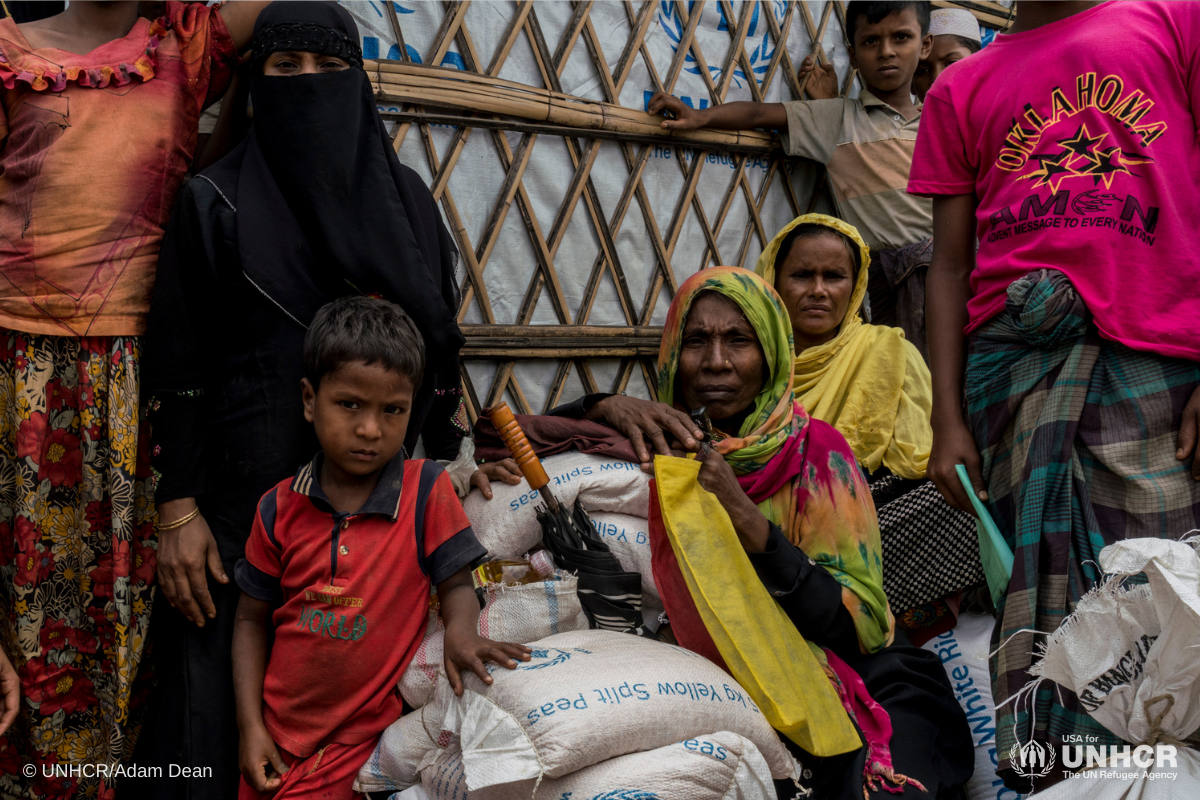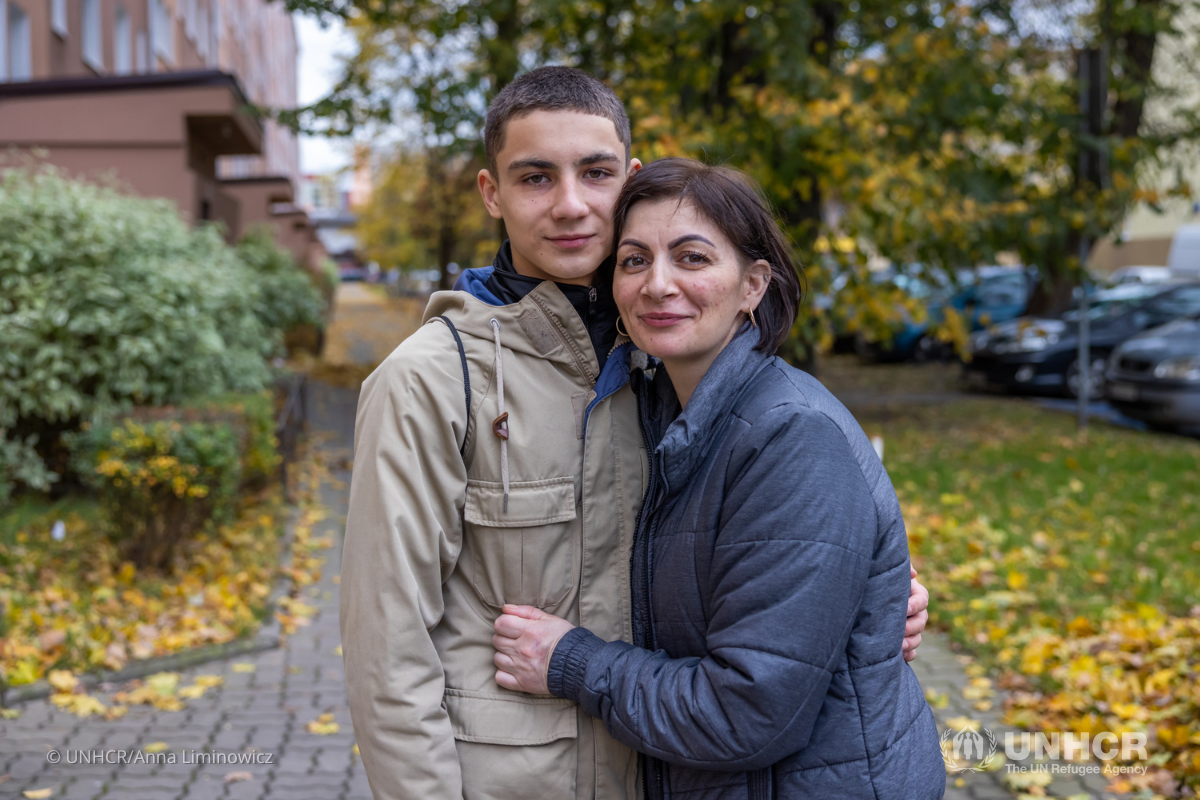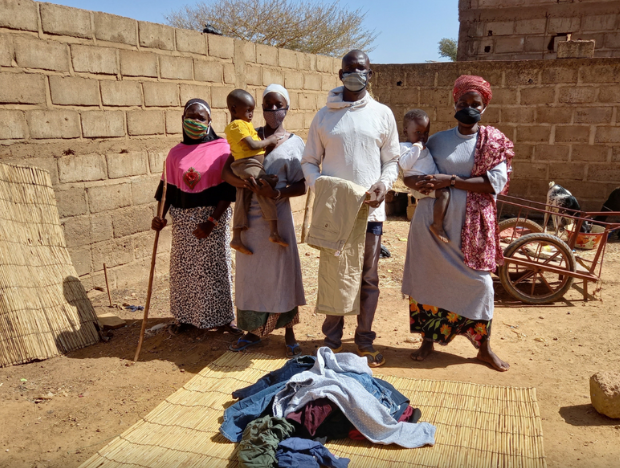Artificial intelligence in the Humanitarian Sector

With global forced displacement reaching record highs, the humanitarian sector is urged to apply novel solutions that can help tackle the growing needs of the millions of refugees and displaced people worldwide.
The Hive, USA for UNHCR’s innovation lab, has been leading efforts to introduce new technologies - such as artificial intelligence (AI) and machine learning - that have the potential to solve some of the toughest challenges facing refugees today. The Hive recently partnered with Microsoft Philanthropies to identify and expand research opportunities where AI could be applied in the global refugee crisis.
The research used the following three-step approach:
- A short 14-question online survey
- Follow-up stakeholder interviews
- Succinct research in AI and the humanitarian space
When collecting survey responses, the Hive engaged organizations working with refugees across the humanitarian sector - including fundraising, operations, protection services, field operations and U.S. resettlement agencies - to better understand the global refugee crisis from different perspectives.
Based on the information gathered, the Hive defined high impact problems - that were shared with Microsoft Philanthropies - and identified the following key aspects that should be considered when developing AI projects in the humanitarian sector:
1. Appropriate Problem Assessment. In the past, both nonprofits and the private sector have easily jumped to propose AI solutions without going through a thoughtful assessment to define whether AI is the most appropriate tool to address a problem. Today, organizations are shifting from innovation challenges and hackathons to more established processes that can help identify the appropriate tools to address each unique problem.
2. Stakeholder Engagement. While data is often the main barrier in AI projects, the Hive’s research revealed that stakeholder engagement can also become an obstacle if not addressed correctly. Every AI project should consider the approval of all the stakeholders involved, e.g. governments, implementing partners and local non-governmental organizations, otherwise solutions will remain theoretical and will not be implemented in the long term.
3. Inclusion of Minorities. If not assessed correctly, AI can easily misrepresent minorities and other vulnerable communities as training data has often excluded these groups in the past (e.g. example facial recognition training data). To avoid these biases, it is very important to establish a thorough process to determine any data loopholes as well as those responsible for storing, updating and authorizing the data.
Inclusion of minority groups and vulnerable communities through technical teams or collaborative learning, will help ensure their needs are accurately represented. This is particularly important when working with refugee populations which are usually the intersection of many vulnerable groups.
The research provides evidence that the humanitarian sector has been incorporating lessons from the private sector to implement AI and machine learning processes more efficiently. The Hive will continue to collaborate in this space as AI and machine learning are powerful tools that, when appropriately used, can substantially improve the lives of refugees.
This research is supported by AI for Humanitarian Action program and will be used to guide the investment strategy for Microsoft’s 2020 call for proposals underway now until 31 October 2020. The AI for Humanitarian Action program is a five-year initiative that aims to apply AI and data science to help address some of today’s most pressing challenges in humanitarian assistance and disaster relief efforts. The program focuses on four specific areas: refugees and displaced people, disaster response, human rights and needs of women and children.
Special thanks to Australia for UNHCR, DonorsChoose.org, International Committee of the Red Cross (ICRC), Mapbox, Partnership on AI, Stanford Immigration Policy Lab, UNHCR Innovation Service, UNHCR Kakuma Refugee Camp and Kalobeyei Settlement, UNHCR Private Sector Partnerships, and USAHello for their participation in surveys and interviews.


